News
FG Increases Petrol Price To N185
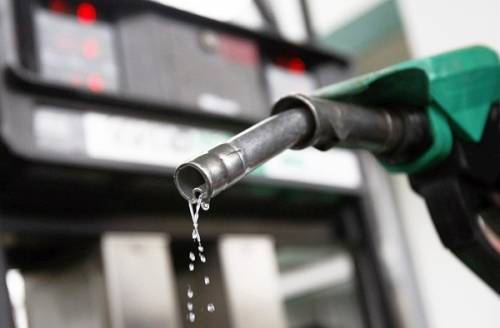
The federal government has quietly approved N180-N185 per litre as the new official pump price range for petrol as the black market continued to boom in Lagos and other parts of the country on Thursday amid the scarcity of the product.
On Thursday, sources told BusinessDay that the federal government has given approval to the Nigerian Midstream and Downstream Petroleum Regulatory Authority for an upward review of the official retail price of petrol from a range of N165-170 to N180-N185.
It was learnt that the increase is to compensate for the current market realities associated with escalating foreign exchange and high lightering charges such as the cost of chartering shuttle vessels for the discharge of petrol.
Confirming the development, a senior oil executive in the downstream sector said the major oil marketers have adjusted their pump price to the new price of N180-N185.
He, however, said the market demand is much bigger than what majors marketers alone can supply.
“The federal government is reacting a little too late. The current system shows the black market will constitute to control petrol price,” he said.
Mike Osatuyi, national controller of operations at the Independent Petroleum Marketers Association of Nigeria, said the government’s decision to increase the price to N185 means nothing if the regulators do not fix the supply challenges.
“Most of my members are struggling to get products from NNPC’s depot; we are currently in a messy situation with supply despite the increase in pump price,” Osatuyi told BusinessDay.
Another source familiar with Nigeria’s petrol distribution chain said the poor inland supply and high petrol demand means that the country’s black market continues setting the price of petrol.
“Markets do not like distortions; there is a limit to how the federal government can manipulate prices,” the source said.
A Lagos-based marketer told BusinessDay he makes N3 million more if he sends his truck to the East rather than sell it at his filling station.
“If I send it across the border to Benin, I make N6 million more,” he said.
BusinessDay’s findings last night showed that the pump prices of petrol at filling stations now sell between N200 and N300 per litre in most cities across Lagos, Nigeria’s commercial capital.
At the black market, however, the findings showed that the product sells for between N350 and N480 per litre at Ajah and Victoria Island; N450 at Ejigbo and other cities in Lagos, and N350 in Owerri and Umuahia yesterday.
Other experts say the monopoly of the Nigerian National Petroleum Company Limited as the sole importer of petrol has contributed to the abuses and arbitrage in the system.
“The meagre margins to marketers, and the subsidy that has boosted smuggling of the imported petrol to other neighbouring countries where petrol is sold higher,” Charles Akinbobola, energy analyst at Lagos-based Sofidam Capital, said.
At the World Economic Forum in Davos, Switzerland, Zainab Ahmed, the minister of finance, budget, and national planning, listed “fear of worsening the economic situation of Nigerians” as the main reason why her June 2022 deadline to remove the fuel subsidy was not actualised.
She suggested that instead of waiting for the next administration to remove the fuel subsidy, the current administration can take the step by initiating a gradual removal by the “beginning of the second quarter.”
“Subsidy costs should not exceed N3.2 trillion,” she said.
Business day
-

 Crime5 days ago
Crime5 days agoVigilante Reportedly Shoots Colleague Dead In Plateau
-
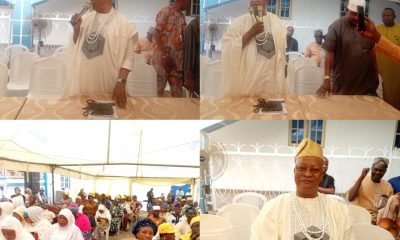
 News3 days ago
News3 days agoRamadan: Osun Cleric Urges Compassion Among Muslims As Asejere Distributes Relief Materials To 537 Beneficiaries
-

 News2 days ago
News2 days agoOkemesi Dies After Slipping Into Coma
-
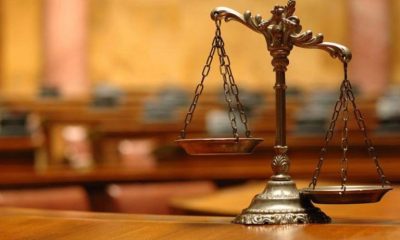
 Crime2 days ago
Crime2 days agoCourt Commits Man To Life Imprisonment For Kidnapping Judge


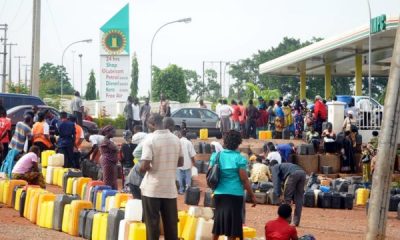

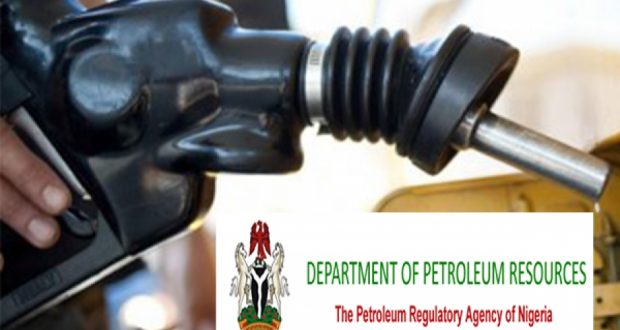
3 Comments